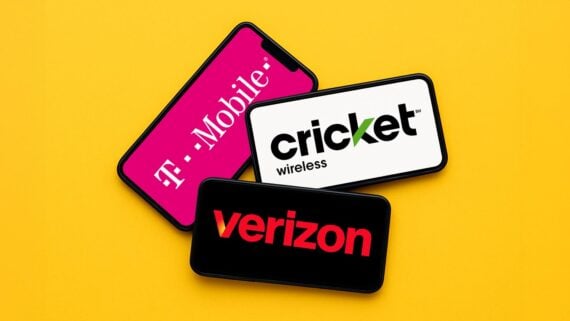Cell phone plans rarely cost what the commercials promise. Once taxes, surcharges, and one‑time charges hit your bill, that cheap plan looks a lot less appealing. In 2025, big carriers continue to tack on fees, but several prepaid brands keep things simpler. Here’s what you need to know before you sign up.
T‑Mobile
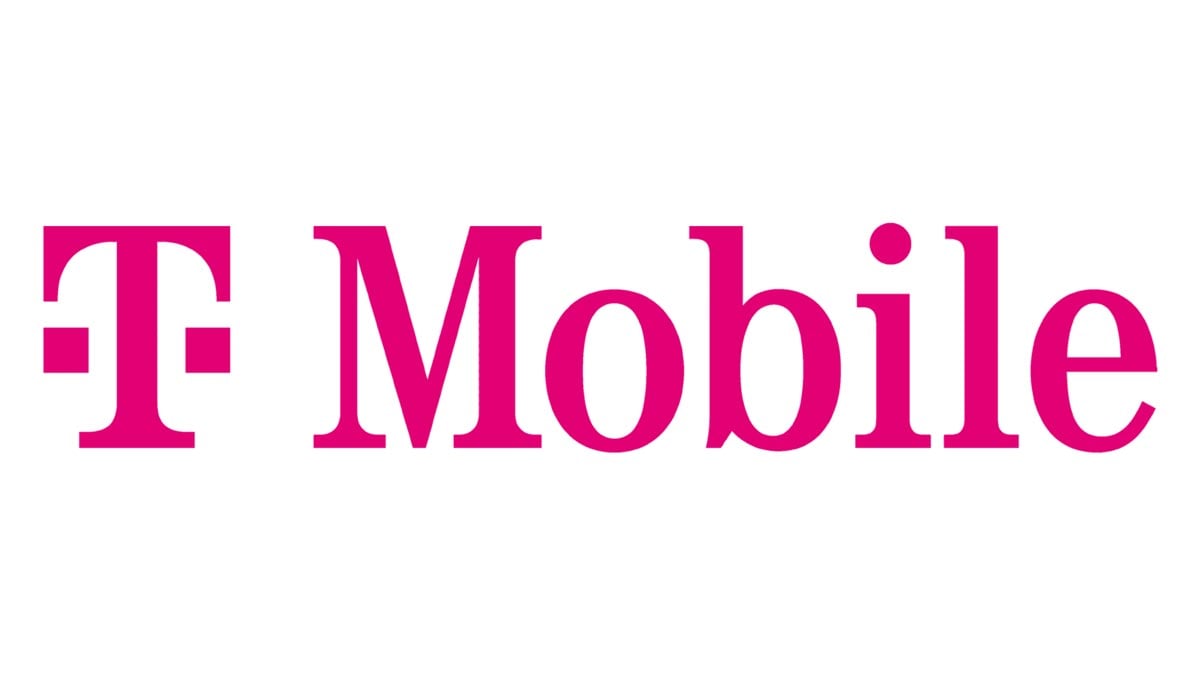
T‑Mobile used to brag about “no fees,” yet it now charges a $35 device connection fee whenever you start a new line or upgrade your phone. There’s also a Regulatory Programs & Telco Recovery Fee that helps fund emergency services and cover intercarrier costs. This fee is $3.99 per voice line and $1.60 per data‑only line in 2025. The company increased it in April.
Other T‑Mobile charges include:
- $5 to reprint your bill and $2 for an itemized call log.
- Late fee: the greater of 5% of your monthly charges or $7.
- Number change fee: $15.
- Non‑return fee: up to $500 if you fail to send back a financed device on time.
- Payment support fee: $10 when you pay through Customer Care or $5 in a retail store.
- Restocking fee: $20 to $70 when returning a device.
The good news? T‑Mobile’s core plans include taxes and fees in the advertised price, so there are no early‑termination penalties. There’s also a five‑year price guarantee on certain plans, though taxes and per‑use charges can change.
Verizon
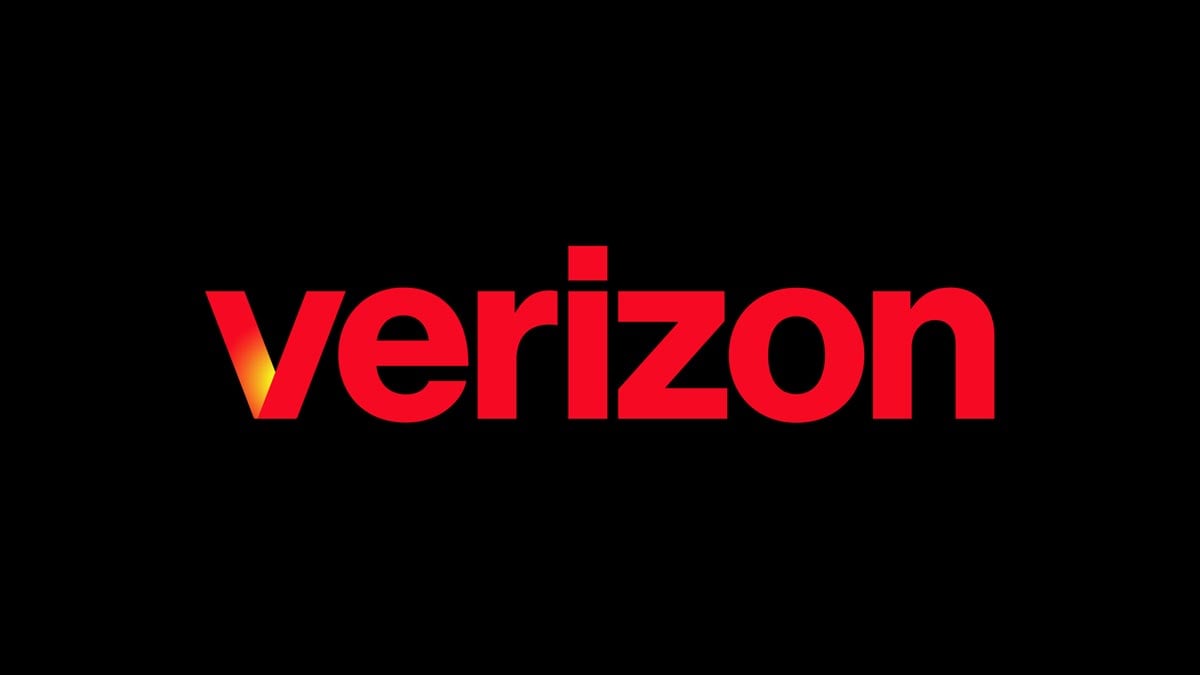
Verizon continues to raise its surcharges. In August 2025, it increased the administrative and telco recovery charge to $3.78 per voice line and $3.97 per data‑only line. The regulatory fee went up to $0.21 per voice line. Verizon also plans to raise its activation fee from $35 to $40.
Other notable Verizon fees:
- Federal Universal Service Charge: about 36 % of your long‑distance and international calls.
- Administrative & Telco Recovery: $3.78 to $3.97 per line.
- Regulatory Charge: $0.21 per voice line.
- Early termination fees: up to $175 or $350, depending on your device type.
- Various convenience and restocking fees.
Verizon’s recurring charges add up quickly, making it one of the more expensive carriers when you factor in extras.
AT&T

AT&T imposes a $35 activation fee for new lines and upgrades, or $50 if you buy a subsidized phone. Beyond that, there are a slew of monthly surcharges:
- Administrative & regulatory cost recovery: up to $1.99 per line.
- Regulatory cost recovery: up to $1.50 per line.
- Property tax allotment: about 26 cents per line.
- Number change fee: $36.
- Restocking fee: up to $55.
- Payment convenience fee: $5 if you pay through a representative.
- Late fee: up to $8.
- Early‑termination fees: $58 to $325 for consumer lines, higher for business accounts.
AT&T has stopped charging data‑overage fees on most unlimited plans, throttling speeds instead.
Visible by Verizon
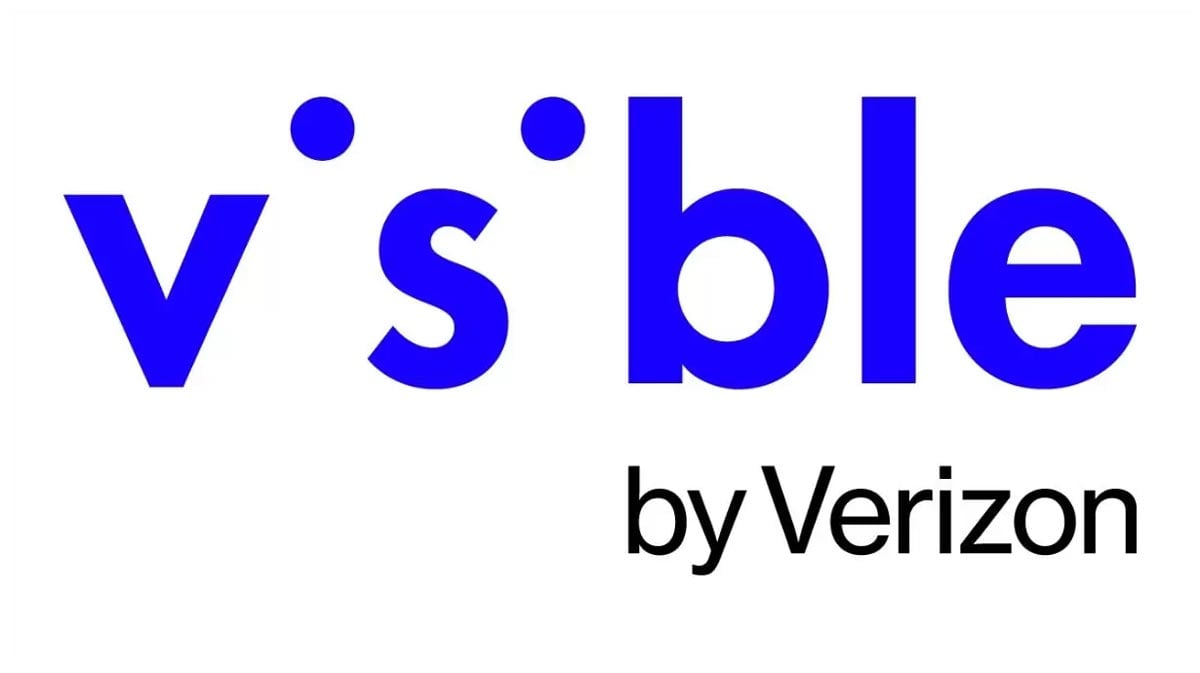
Visible keeps pricing straightforward. Plans start at $25 a month, and the rate you see includes taxes and fees. There is no activation fee or upgrade charge. Visible advertises that there are no overage or hidden charges. You only pay extra for optional add-ons, such as smartwatch service or international travel passes.
Cricket Wireless
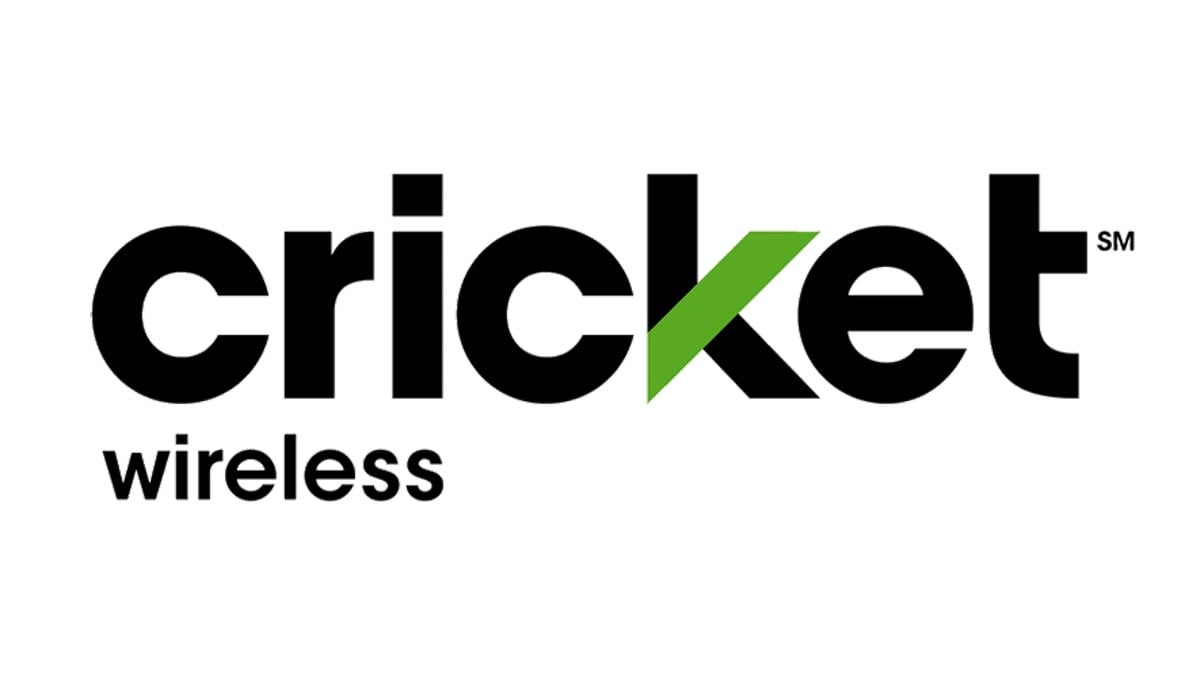
Cricket’s monthly rates include state and local taxes. Activation is free online but costs $25 in a store. Upgrading a device costs $25, and reactivating a suspended line costs $5 (single‑line) or $15 (multi‑line). Changing your number is $15. Payments made through an agent or by phone add $5.
Mint Mobile
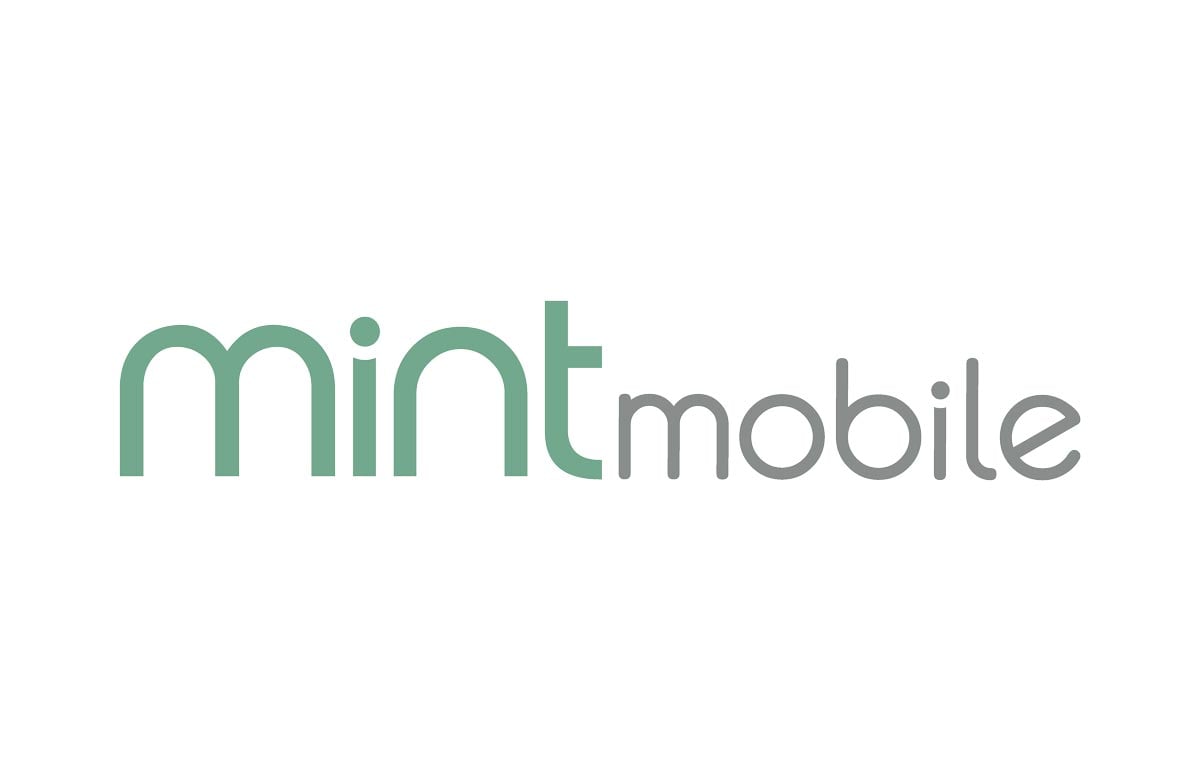
Mint sells multi‑month prepaid plans on T‑Mobile’s network. It doesn’t charge an activation fee, but it adds a recovery fee to cover administrative costs and collects applicable telecom taxes. Shipping and handling fees apply only if you need a physical SIM.
The Bottom Line
Prepaid carriers are the easiest way to avoid hidden charges. Visible stands out because it includes taxes and fees in its monthly rate and charges nothing to sign up or upgrade to visible.com. Cricket offers tax‑inclusive pricing with a small activation fee if you sign up in a store.
Among the major carriers, T‑Mobile has fewer recurring surcharges than Verizon or AT&T, thanks to plans that bundle taxes and avoid contract penalties. Verizon continues to tack on some of the highest surcharges, and AT&T hits customers with a long list of cost‑recovery fees.
